L’Amphithéâtre Flavio (Colisée)
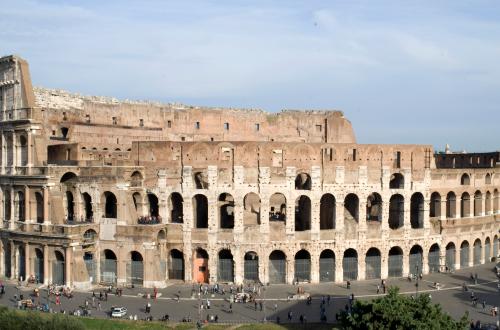
 Condividi
Condividi
Extraordinary archaeological discovery on the Palatine Hill in Rome.
The hypogeum was discovered in 1955 during building construction work. It was meant for only a few households and was built in four distinct phases between approximately 320 and 360 AD.
Underground cemetery, located inside the 17th-century Villa Casali, on the left side of the Via Appia Antica.
L'Istituto Romano di San Michele è la più grande Azienda Pubblica di Servizi alla Persona (ASP) di Roma, per rilevanza patrimoniale e attività di assistenza svolta.
Si tratta di una lastra rettangolare collocata sul prospetto di un edificio storico che attualmente ospita gli Uffici della Camera dei Deputati, fra una finestra del primo piano e l'arco ribassato
[...]Extraordinarily well preserved inside, it is built in opus quadratum of travertine blocks, with a cement core of flint flakes, lime and pozzolana and probably dates back to the 2nd century BC.
The Ministry of Business and Made in Italy deals with industrial policy, trade and communications.
During excavations carried out between 1973 and 1975, an edifice dedicated to the Persian deity Mithras was found under the Church of Santo Stefano Rotondo.
L’Ambasciata di Francia in Italia e Mirabilia Art Wonders, la società che cura l’organizzazione delle visite guidate a Palazzo Farnese, presentano
[...]Discovered in 2003 during the excavations for the construction of Santa Rosa parking lot, inside the Vatican City, the Via Trimphalis necropolis is the continuation of the “Autoparco”, dug up in th
[...]The area of Villa Doria Pamphilj has numerous sepulchral buildings originally displayed along the ancient via Aurelia, maybe due to the neighbouring and popular district of Trastevere.
It dates back to the third century AD.
The creation of this obelisk came about following the offer, in 1927, by a commission of industrialists on behalf of the people of Carrara of a gigantic marble monolith to be dedicated to Mussolini
[...]The building is located along Via Porta San Sebastiano inside a private property, the Pallavicini vineyard, and was discovered by Mariano Armellini in the second half of the 19th century.
The oratory wells up within the Forum in the corner comprised between Vesta’s temple and the Dioscuri’s temple in the area defined Lacus Iuturnae (C.IIBC).
The sundial of emperor Augustus consisted of a large travertine-paved trapezoid-shaped square on whose surface hours, seasons, months, and signs of the zodiac were indicated with bronze gilded lett
[...]The small building, linked to the big building of the family by a medieval arch, dates back to the middle of the 16th century and was built by architect Martino Longhi the old.
The building is known as the house of Sixtus V because it was inhabited by the pope's great-granddaughter, Flavia Peretti, wife of Virginio Orsini, Duke of Bracciano, who had the palace embellished
[...]The building, constructed between 1929 and 1931 at the request of Italo Balbo and designed by Roberto Marino, represents the values of the regime's architecture from the outside.
The palace, built by Domenico Fontana between 1587 and 1590 for Muzio Mattei, was purchased in the mid-seventeenth century by Cardinal Francesco Massimo, who was succeeded in 1677 by another cardin
[...]The palace was the first residence in Rome of the Del Drago family of Viterbo origin, built on several houses purchased in 1557.
Historic palace.
17th century palace, originally owned by Alessandro Mileto, as recalled by the name engraved on the lintel of the portal at the entrance.
Situated in Via delle Coppelle ('le cuppelle' the so-called wine barrels), in the area of Rome known as S.
The palace was built at the end of the 16th century for the Corcos, a wealthy family of Jewish merchants who had lived in Rome since the Middle Ages.
Once the Renaissance residence of the court of Pius IV and since 1929, after the signing of the Lateran Pacts, the seat of the Embassy of the Italian Republic to the Holy See.
The palace was built in 1576-1583 for Ascanio Caffarelli by Gregorio Canonica, a pupil of Vignola.

 Condividi
Condividi
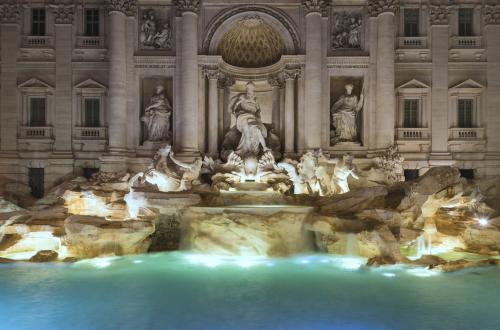
 Condividi
Condividi
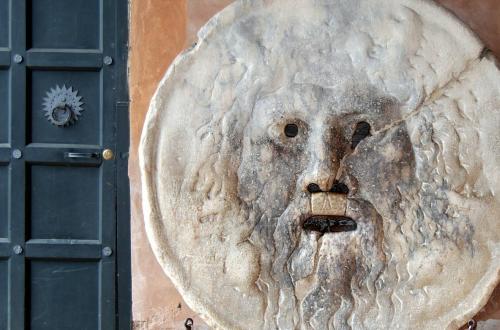
 Condividi
Condividi
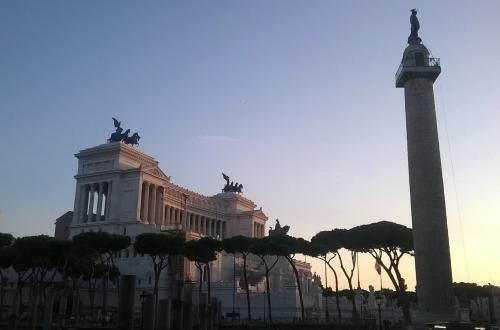
 Condividi
Condividi
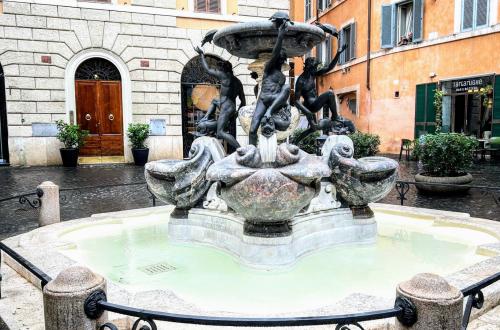
 Condividi
Condividi
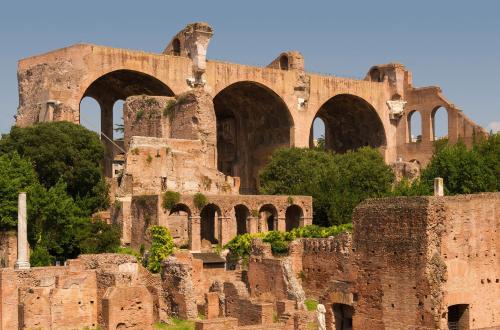
 Condividi
Condividi